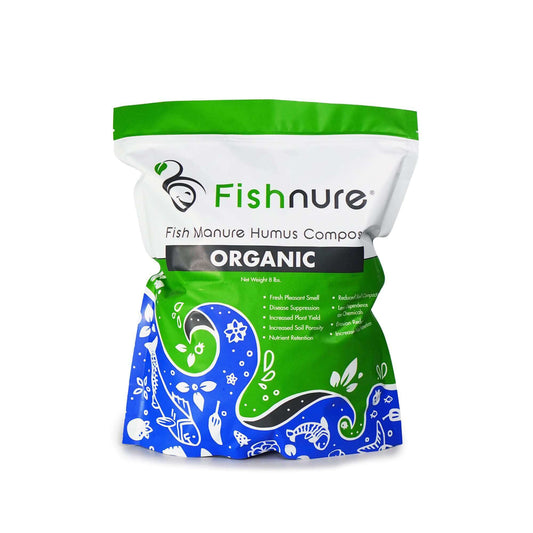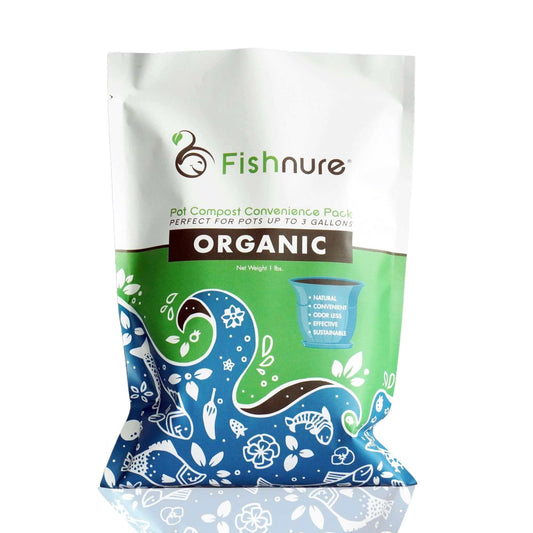
The benefits of organic fertilizer
Share

Commercial farming practices can often deplete the soil of its nutrients and organic matter due to monoculture practices, which involve growing a single crop repeatedly in the same location. Over time, this can lead to soil degradation, reduced fertility, and increased erosion. Organic fertilizers, which are derived from natural sources such as animal waste, plant material, and other organic matter, can replenish the soil with essential nutrients and organic matter, improving soil health and fertility over time. By using organic fertilizers, commercial farmers can promote long-term soil health and reduce the need for synthetic inputs.
The use of chemical fertilizers in commercial farming can have negative environmental impacts, including water pollution, soil degradation, and harm to wildlife. For example, excess nitrogen from chemical fertilizers can leach into waterways, causing algae blooms that harm fish and other aquatic life. Organic fertilizers, which are made from natural sources and do not contain harmful chemicals, can reduce the environmental impact of farming. By using organic fertilizers, commercial farmers can help to protect water quality, promote soil health, and reduce negative impacts on wildlife.
Commercial farming practices can be unsustainable and contribute to climate change through the use of fossil fuels, excessive water consumption, and greenhouse gas emissions. Organic farming practices, including the use of organic fertilizers, promote sustainable agriculture by reducing the reliance on non-renewable resources and promoting natural cycles within ecosystems. For example, organic farming practices can reduce greenhouse gas emissions by promoting the use of renewable energy sources, such as solar and wind power, and reducing the use of fossil fuels. By using organic fertilizers, commercial farmers can help to promote sustainable farming practices that are better for the environment and promote long-term sustainability.
Chemical fertilizers can leave residue on crops, potentially causing harm to human health if ingested. Organic fertilizers do not pose the same risk, ensuring that food produced with organic methods is safer for consumption. By using organic fertilizers, commercial farmers can help to promote food safety and reduce the risk of harmful residues on crops.
Chemical fertilizers can be expensive, especially when used in large quantities for commercial farming. Organic fertilizers, while often more costly upfront, can provide cost savings over the long term by improving soil health and reducing the need for chemical inputs. By using organic fertilizers, commercial farmers can potentially reduce their long-term costs while promoting sustainable and environmentally-friendly farming practices.
Overall, organic fertilizers provide a viable alternative for addressing some of the challenges facing commercial farming, promoting sustainability, improving soil health, reducing environmental impact, ensuring food safety, and potentially reducing costs over time. By using organic fertilizers, commercial farmers can help to promote more sustainable and environmentally-friendly farming practices that are better for the long-term health of the land and the people who rely on it.



